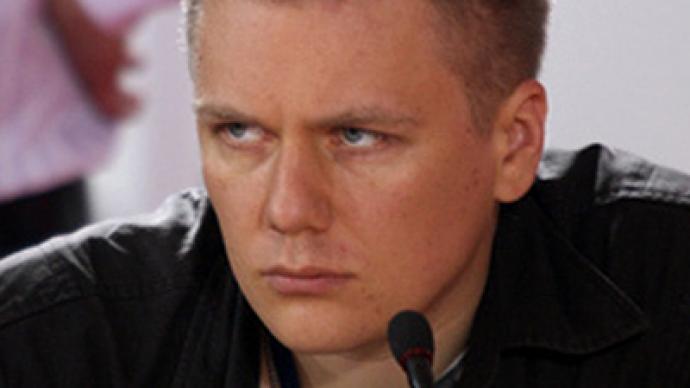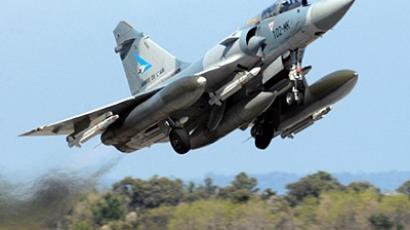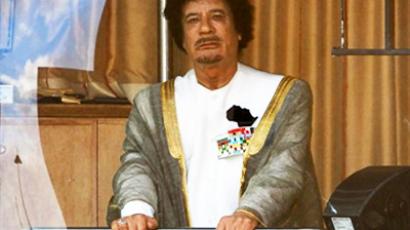Russian political disagreement on Libya leads to dismissals

The head of the political department of the United Russia party Aleksey Chadayev has sent in his resignation from the post, after he criticized Russia’s official stance on situation in Libya in his personal blog.
31-year old functionary announced his resignation on Thursday in a post to his personal blog. He has also told reporters that the blog post contained all the information on the subject and refused to elaborate. He said that the reason for the move was the text that he had earlier published in the same blog about three weeks ago in which he strongly criticized Russia’s official stance on Libya, saying that joining the international community in condemnation of Muammar Gaddafi is a mistake that could eventually “cost President Medvedev his political future”. In the same post Chadayev also compared Gaddafi to the first Russian president Boris Yeltsin (on the grounds that Yeltsin decided to end the standoff with the parliament in 1993 by military force and also started the war in Chechnya in 1994).Aleksey Chadayev had held his position in United Russia since June 2010. Before that, he briefly worked in the presidential administration in 2009, as well as in the Public Chamber of the Russian Federation and in the Young Russia movement. In 2006, Chadayev released a book entitiled “Putin. His ideology”. His work in United Russia also dealt with regional elections and literature, according to the party’s internal sources. United Russia has confirmed that Chadayev is no longer working for them, but denied that the move was caused by any political disagreements. The head of the party’s Central Executive Committee Andrey Vorobyov told the Russian News Service that the resignation was submitted absolutely voluntarily and any other versions were little more than publicity stunts. “Aleksey Chadayev’s layoff has no political subtext to his great regret, and the voluntary resignation that is lying on my table testifies to this fact. Regardless of what some people might want, there are no big politics here,” Vorobyov said. However, in comments to the Gazeta.ru, Vorobyov admitted that Chadayev had minor problems after the blog post about Libya. “We scolded him for Libya, but not very strictly,” Vorobyov said. An unnamed source in the party told Gazeta.ru said that United Russia officials were actually looking for an excuse to part with Chadayev because of the harsh and controversial statements he had allowed himself to make in the social networks. However, the story with Chadayev is just another episode in a string of events that has taken place in Russia since the start of the Libyan unrest. Immediately after the vote in the UN on the Libyan resolution, Russian President Dmitry Medvedev dismissed Ambassador to Tripoli Vladimir Chamov from post. Russian officials offered little explanation for the resignation that sparked numerous speculations in the media, but the official version was that Chamov lost his post “due to an inadequate understanding of Russia’s interests in Libya” and the diplomat himself told reporters that he agreed with the president that a diplomat’s job was to prevent wars which, in Libya’s case, had not been done. Later, United Russia announced that they were replacing deputy head of the State Duma Committee for the Commonwealth of Independent States Konstantin Zatulin. The official also told the press that the reason for his demotion was his stance on the Libyan problem and the criticism of the UN resolution aimed against Muammar Gaddafi – Russia’s longtime ally in the Middle East.














